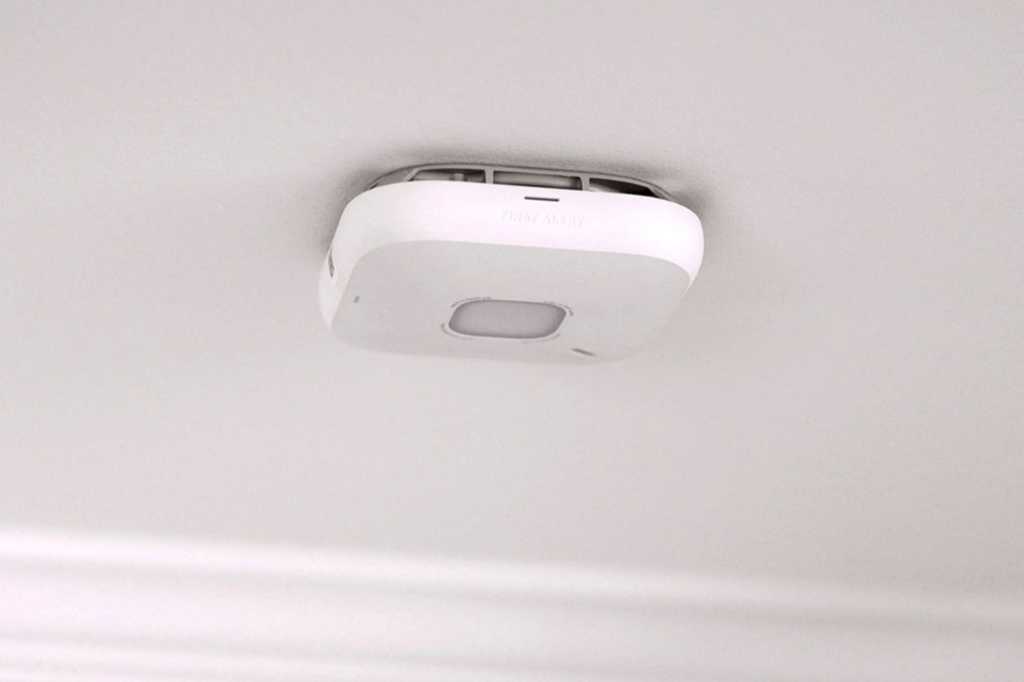Google has announced the discontinuation of two of its well-known smart home devices: the Nest Protect smoke detector and the Nest x Yale smart lock. While these products will continue to function and remain available for purchase at discounts until stock depletes, Google is stepping away from these markets and will no longer manufacture smoke alarms or smart locks. However, users can transition to alternative products from trusted brands without disruption.
New Alternatives for Google Home Users
First Alert, a subsidiary of Resideo, will introduce the SC5 Smart Smoke & Carbon Monoxide Alarm, which is designed to replicate many of the features of the older Nest Protect. This new device is equipped to send mobile alerts for smoke or carbon monoxide incidents, provide voice notifications, and offer early warnings if smoke is detected. It can also activate nearby compatible smoke alarms during emergencies. The SC5 will be available in battery-powered and hardwired models at a retail price of $129.99 in the upcoming months.
In addition, Yale is set to release the Smart Lock with Matter, designed to integrate seamlessly with Google Home systems, particularly the Nest Doorbell. Utilizing Thread technology, this lock promises up to 12 months of battery life and the ability to connect effortlessly with other Matter devices and routers. Users can unlock the Yale Smart Lock via mobile app, entry code, or traditional key. It is expected to launch this summer.
Legacy Products and Their Future
Despite Google’s exit from the smoke detector and smart lock markets, the existing Nest Protect and Nest x Yale lock will continue to function and receive security updates. However, consumers who purchased the second-generation Nest Protect around its 2015 release should consider a replacement, as the carbon monoxide sensors have an approximate life expectancy of 10 years.
Both products, the Nest Protect and the Nest x Yale lock, were among the earliest in Google’s smart home lineup and have aged significantly. The second-gen Nest Protect was only recently integrated into the Google Home app, highlighting its outdated status. Similarly, Nest x Yale lock owners faced connectivity issues in recent years when the Nest Hub Max lost its ability to connect the lock to Wi-Fi, prompting Google to provide free Nest Connect hubs to affected users.
As Google transitions out of these categories, it aims to support its users by facilitating an easier move to reliable third-party alternatives, ensuring continued safety and convenience within their smart home environments.

